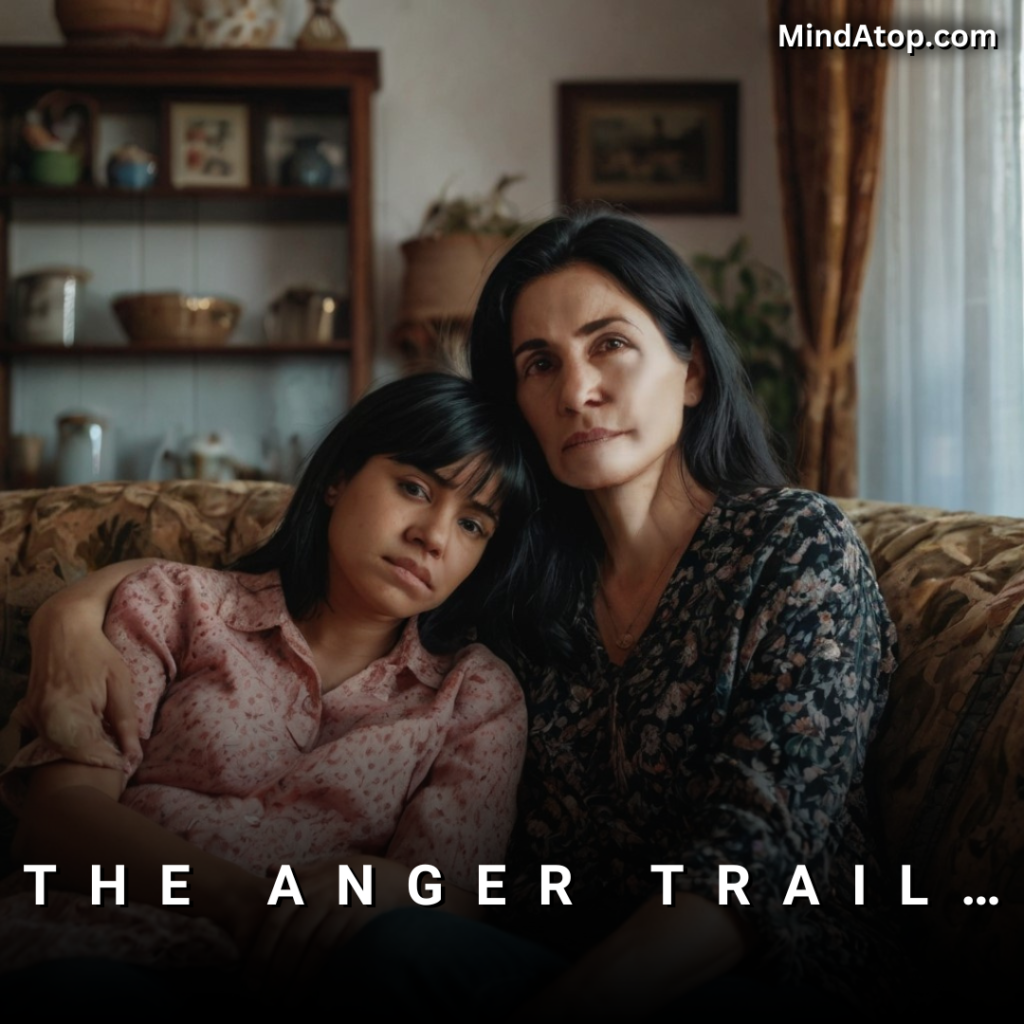Maneka prided herself on being a devoted mother. For her, parenting meant shielding Parna, her 16-year-old daughter, from every danger the world could throw at her. But Maneka’s devotion came with rules—strict, stifling rules. Maneka made every decision for her—from the clothes she wore to the books she read. As Parna grew older, Maneka’s grip didn’t loosen. “I know what’s best for her,” Maneka would say to anyone who questioned her. Parna couldn’t wear what she wanted to or hang out with friends after school. “It’s for your own good,” Maneka always said.
One afternoon, Parna came back from school, her eyes sparkling. “Ma, can I go to the library tomorrow evening? I need to work on a project with my friend, Mona,” she asked.
Maneka frowned. “Why can’t you just finish it at home? There’s no need to go out in the dark for something you can manage here.”
Parna’s excitement faded. “But, Ma, Mona has some notes I need. We can’t finish it alone.”
“No, Parna. You can call Mona if it’s so important, but there’s no need to step out unnecessarily,” Maneka said firmly.
That evening, Parna called Mona, her voice heavy with disappointment.
A week later, Parna had another request. “Ma, my friends are planning a picnic at the park this Sunday. Can I go? It’s just for a few hours.”
Maneka raised an eyebrow. “Picnic? What’s the point of that? You can spend Sunday studying or resting at home. It’s better for you.”
“Ma, it’s not every week,” Parna tried to explain.
“No, Parna. These distractions will ruin your focus. Tell them you can’t come,” Maneka said, her tone leaving no room for argument.
Parna sighed.
The turning point came when Parna came home one day, unusually quiet. Maneka sensed something was wrong. “Parna, what’s the matter?” she asked.
Parna hesitated but finally spoke. “Ma, my class is organizing a cultural evening. I’ve been chosen to sing. Can I participate?”
Maneka crossed her arms. “Sing? Parna, your studies are more important. Don’t get involved in these things. They’re distractions.”
“But Ma, it’s just one evening,” Parna said, her voice breaking. “Why can’t you let me do something I love?”
Maneka’s reply was curt. “Because I know what’s best for you. End of discussion.”
That night, Parna stayed in her room, crying into her pillow. Her classmates were excitedly preparing for the event, while she was a bird in a cage.
In the days that followed, Parna became withdrawn. She barely spoke to Maneka, avoided meals, and spent hours staring blankly at her books. One morning, Maneka found Parna’s room in disarray—her favourite books were torn, her artwork crumpled. “What is happening to her?” Maneka wondered, fear gripping her.
It all came to a head when Parna, pale and exhausted, collapsed during breakfast. Maneka rushed her to the hospital, where the doctor’s words stung. “She’s overwhelmed. This much stress isn’t normal for a child her age. She is emotionally overwhelmed.”
Maneka sat by Parna’s hospital bed. Memories of every “no,” every dismissed request, flooded her mind. She realized her need to control wasn’t helping Parna. The guilt gnawed at her, but Maneka dismissed it. “She’ll be fine,” she told herself. “She just needs to focus.”
But Parna didn’t bounce back as Maneka had thought. She grew more withdrawn, her vibrant personality fading into shadows. Maneka, now desperate, tried to regain control. “Why don’t you talk to me anymore?” she demanded one night.
“Talk?” Parna questioned with a failed voice, her voice trembling with anger. “What’s the point, Ma? You don’t listen. You just control.” Parna looked at her mother with tears streaming down her face. “I’m tired of living in fear—of you, of your rules, of not being enough.”
Maneka was shaken but still defensive. “I’m protecting you!” she emphasized.
“No, Ma,” Parna retorted. “You’re suffocating me.”
The confrontation left both shattered. Parna shut herself in her room again, while Maneka sat in the living room, her mind swirling. She remembered Parna’s pale face at the hospital and her trembling hands. Maneka finally realized that her need for control wasn’t just hurting Parna; it was destroying their relationship.
The next morning, Maneka knocked on Parna’s door. Parna opened it hesitantly, her eyes wary. Maneka folded her hands, tears spilling down her cheeks. “I was wrong,” she said, her voice breaking. “I thought controlling you would keep you safe, but I only hurt you. I can’t undo the past, but I want to change. Please, Parna, give me a chance.”
For a long moment, Parna stared at her mother. Time stopped for a while. Then, after some time, the hurt in her eyes started to soften slowly. “I need space, Ma,” she said softly. “I need to feel the existence of my own persona.”
Maneka nodded; her heart heavy but hopeful. “I’ll give you that space, Parna. I promise.”
It wasn’t an instant fix. Trust took time to rebuild. But Maneka
started small—allowing Parna to make her own decisions, letting Parna in
activities she loved, and, most importantly, listening without judgment.
Slowly, the rift between them started to heal, slowly at first and then gaining
in pace. Maneka had learned that love wasn’t about control—it was about letting
go, even when it terrified her. She was mastering her deep-seated fears.

